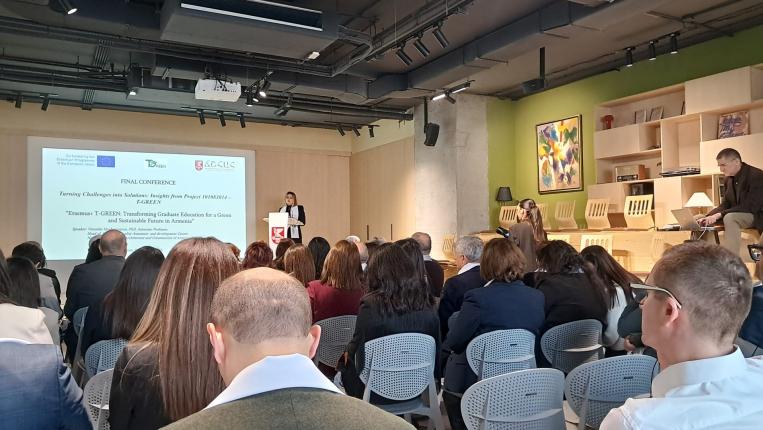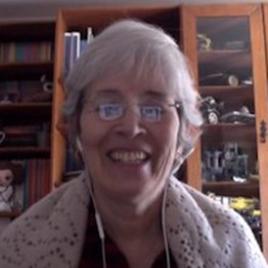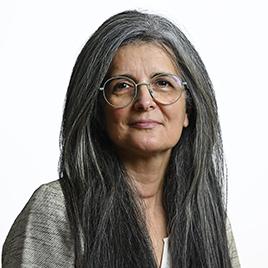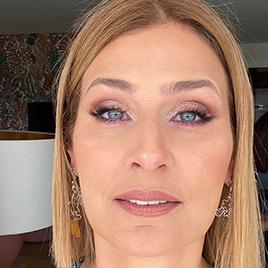Objectives and competences
Knowledge: Perfecting aspects that contribute to the development of communication skills. integrating specific rules for scientific writing and to avoid plagiarism.
Understanding: Learning to listen. Applying the specifics of teamwork. Figuring out the communication with mass media.
Application: Using communication techniques to enhance the personal and professional profiles. Defining appropriate communication strategies according to situation, medium and message.
Analysis: Developing a discerning logic.
Summary: Organizing information collected in the classroom, in the library and on the Internet and presenting it orally and in writing.
Rate: Listening and criticizing own ideas and the work of classmates; priority setting skills.
Awareness: Group dynamics and self knowledge.
Teaching Methodologies
Work is carried out in parallel along two dimensions:
- A set of topics is expanded upon stemming from the central pillars of communication;
- Specific tools are explored that take advantage of students' interests and current skills.
Assessment is on a continuous basis, based on oral and written contributions from inside and outside the classroom.
Syllabus
Teambuilding; workgroup missions, objectives, values and rules
Why teamwork is worth it
From groups to teams
Communication basics
Mains characteristics of communication
Online tools at the Catholic University
Creative writing
Working with visual aids in presentations
How to convince: the british parliamentary debate
Research and the scientific method - scientific communication
How to (not) plagiarize
The Internet as an information source
Truth, lies and the Internet
Field Day
The art of Google searching: basic and advanced techniques
Library resources and online databases
Working with references - practice with biology report
Oral presentations - theory and practice
Final oral presentations







